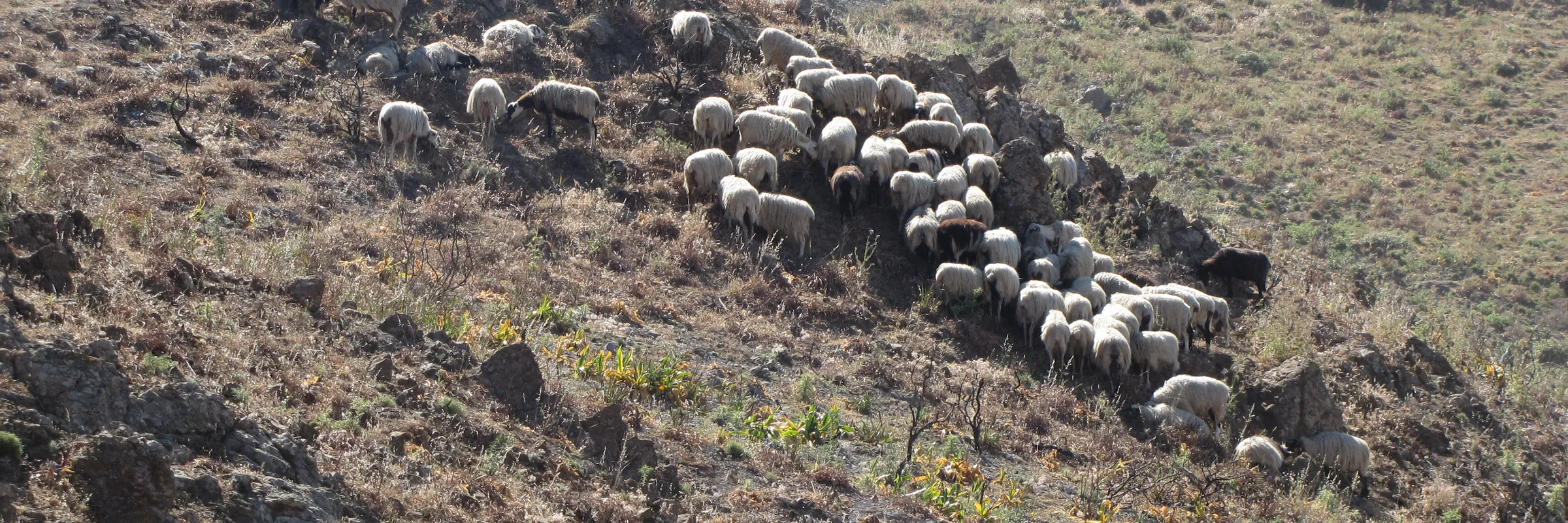Catastrophic shifts in drylands
The CASCADE project is an ambitious interdisciplinary research undertaking to unravel the problem of sudden degradation, or catastrophic ecosystem shifts in drylands.
- Home
- CASCADE - Catastrophic shifts in drylands - Preventing ecosystem degradation

About the project
Major changes or shifts in ecosystems are often difficult to understand – much less predict. Nevertheless, signs of vegetation loss or soil erosion, for example, may indicate that a particular ecological threshold has almost been reached. When that threshold is crossed – producing a rapid or irreversible transition from one ecosystem state to another, with serious socio-ecological consequences – we speak of a "catastrophic shift". Studying these thresholds and shifts in dryland ecosystems is at the heart of the CASCADE (“Catastrophic shifts in drylands”) project. At present, our understanding of the causes and characteristics of sudden shifts in Mediterranean drylands is limited. It remains difficult to predict if or when a particular shift will occur. Nevertheless, when a shift appears imminent and is considered undesirable by land users, it is critical to know whether anything can be done to prevent it from happening, mitigate its consequences, or even foster recovery.
The CASCADE project (2012-2017) has sought to collect experimental data, implement them in ecological models, and interpret the results to help answer the following questions:
- Why and when do catastrophic shifts occur in ecosystems or landscapes?
- Why are some ecosystems or landscapes more resilient (i.e. less likely to change) than others?
- What can be done to prevent catastrophic shifts?
- Can degraded ecosystems or landscapes be restored to previous states?
- Is it economically feasible to restore degraded ecosystems or landscapes? Or is it too costly?
Project results and impacts
Under CASCADE, CDE researchers studied land use and land management practices, and their role in preventing catastrophic shifts. Our research approach followed three steps. First, we inventoried, documented, and evaluated any natural resource management practices that were already applied locally. Before coming up with new practices, it only makes sense (economically, environmentally, and socially) to identify and scale up existing practices that are capable of preventing, or even reversing, harmful ecosystem shifts. Second, we developed and applied an effective, simple method to assess the resilience of natural resource management practices. Third, we prepared best-practice guidelines for natural resource managers. These guidelines include technical aspects as well as broader approaches to implementation. We also sought to make region-specific and ecosystem-specific recommendations and principles that make it possible to scale up effective practices.
Publications

Further relevant publications
Costantini, Edoardo A. C.; Branquinho, Cristina; Nunes, Alice; Schwilch, Gudrun; Stavi, Ilan; Valdecantos, Alejandro; Zucca, Claudio (2016). Soil indicators to assess the effectiveness of restoration strategies in dryland ecosystems. Solid Earth, 7(2), pp. 397-414. Copernicus Publications 10.5194/se-7-397-2016
Marques, Maria Jose; Schwilch, Gudrun; Lauterburg, Nina Juanita; Crittenden, Stephen; Tesfai, Mehreteab; Stolte, Jannes; Zdruli, Pandi; Zucca, Claudio; Petursdottir, Thorunn; Evelpidou, Niki; Karkani, Anna; Yilmazgil, Yasemen Asli; Panagopoulos, Thomas; Yirdaw, Eshetu; Kanninen, Markku; Rubio, Jose Luis; Schmiedel, Ute; Doko, Adrian (2016). Multifaceted impacts of sustainable land management in drylands: A review. Sustainability, 8(2), p. 177. MDPI 10.3390/su8020177
Jucker M, Liniger HP, Valdecantos A, Schwilch G. (2016). Impacts of landmanagement on the resilience of Mediterranean dry forests to fire. Sustainability 8, 981; doi:10.3390/su8100981.
Countries
Contact
 Switzerland
Switzerland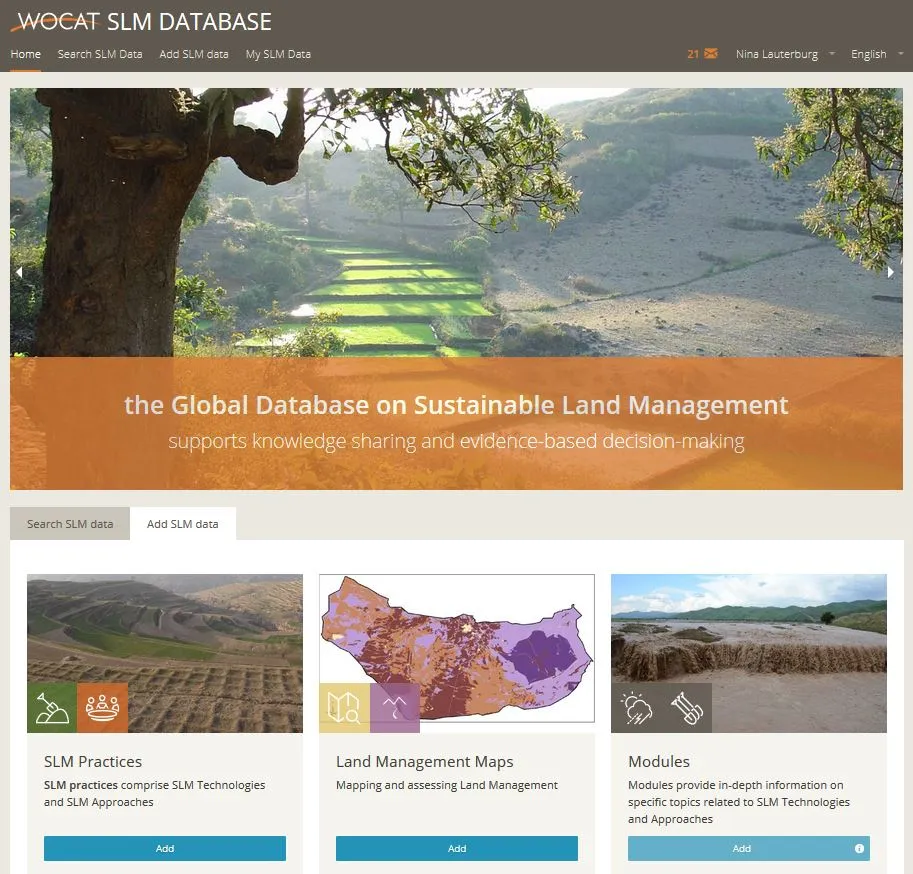
SLM practices documented within this project.
Official website
Project duration
2012 - 2017

Stichting Dienst Landbouwkundig Onderzoek (DLO)

Technical University of Crete (TUC)

Università degli studi della Basilicata (UNIBAS)
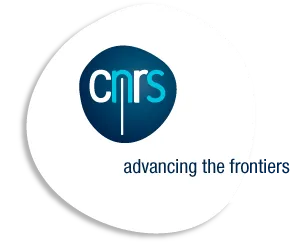
National Center for Scientific Research (CNRS)

University of Alicante (UALI)
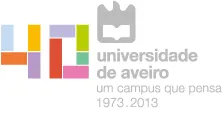
University of Aveiro (UAVR)
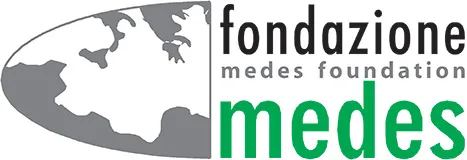
Fondazione per lo sviluppo sostenibile del Mediterraneo (Fondazione MEDES)

University of Leeds (UNIVLEEDS)
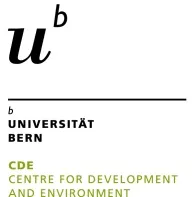
University of Bern, Centre for Development and Environment (UNIBE, CDE)

Utrecht University, Department of Innovation and Environmental Sciences (UU)

Joint Research Centre, Institute for Environment and Sustainability, Land Management & Natural Hazards Unit (JRC)

Cyprus University of Technology (CUT)

Land Degradation and Development Group (LDD), Wageningen University (WU)
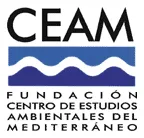
Fundación CEAM
